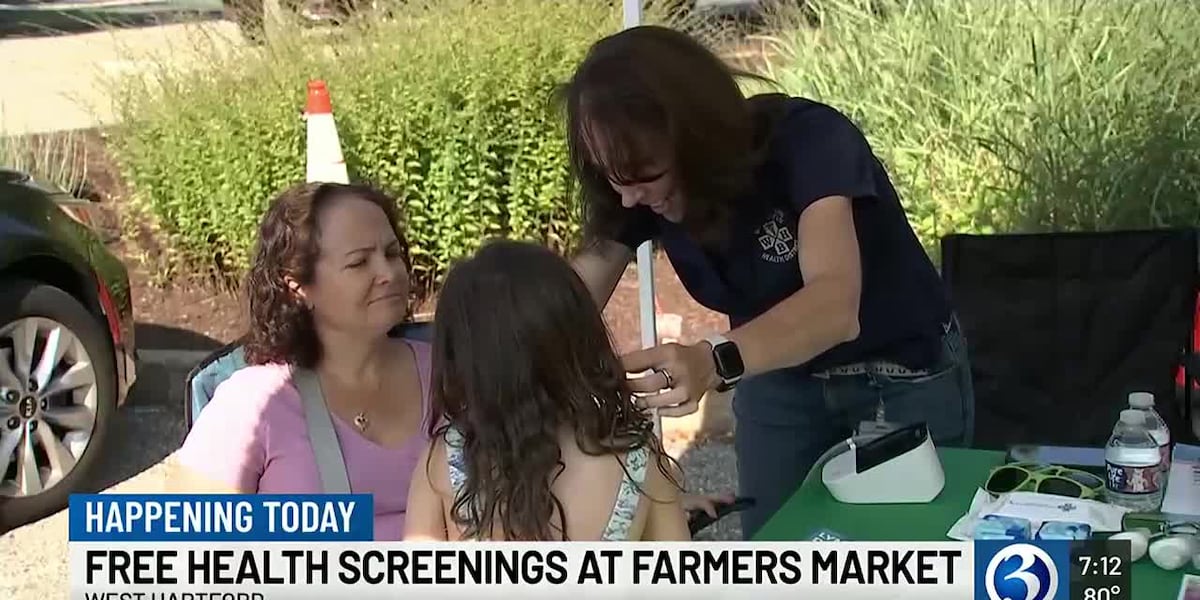AI Health Advice Gone Wrong: Man Hospitalised After Following ChatGPT's Faulty Guidance

A concerning incident has emerged in Ireland, serving as a stark warning about the potential dangers of relying solely on artificial intelligence for health advice. A 60-year-old man from Ireland was recently hospitalised after mistakenly substituting table salt (sodium chloride) with sodium bromide, a chemical compound with significantly different and potentially harmful effects. This bizarre and alarming situation arose after the man sought health guidance from ChatGPT, a popular AI chatbot.
The man, seeking advice on managing his health, reportedly asked ChatGPT for recommendations regarding salt intake. Unfortunately, the AI provided inaccurate information, suggesting sodium bromide as a suitable alternative. Unaware of the crucial difference between the two substances, the man proceeded to incorporate sodium bromide into his diet, believing it to be a healthier option. Sodium bromide is used in photography and as a sedative, and consuming it can lead to severe health complications, including nausea, vomiting, neurological issues, and even organ damage.
The consequences were swift and severe. The man quickly experienced adverse reactions and was rushed to the hospital for treatment. Medical professionals were able to diagnose the issue and provide the necessary care, but the incident underscores the critical importance of verifying health information from any source, particularly AI chatbots. While AI tools like ChatGPT can be incredibly useful for a wide range of tasks, they are not substitutes for professional medical advice.
This case has sparked a wider discussion about the responsibility of AI developers and the need for user education regarding the limitations of AI. While ChatGPT and similar models are trained on vast datasets, they are not infallible and can sometimes generate inaccurate or misleading information. The incident highlights the potential for serious harm when individuals blindly trust AI-generated advice, especially when it comes to matters of health and well-being.
Experts are now urging people to exercise extreme caution when seeking health information online, and to always consult with a qualified healthcare professional before making any significant changes to their diet or treatment plan. This particular case serves as a powerful reminder that AI is a tool, and like any tool, it must be used responsibly and with a healthy dose of skepticism. The Irish Health Service Executive (HSE) has also issued a statement reminding the public to only take health advice from trusted sources, like their GPs or official health websites.
The incident also raises questions about the future regulation of AI and the need for mechanisms to ensure the accuracy and safety of AI-generated information, particularly in areas with significant potential for harm. As AI technology continues to evolve and become increasingly integrated into our lives, it’s crucial to address these challenges proactively to mitigate the risks and harness the benefits of AI responsibly.
Key Takeaways:
- Verify Information: Always double-check health advice from any source, including AI chatbots.
- Consult Professionals: Seek guidance from qualified healthcare professionals for any health concerns.
- Understand Limitations: Recognize that AI is not a substitute for expert medical advice.






